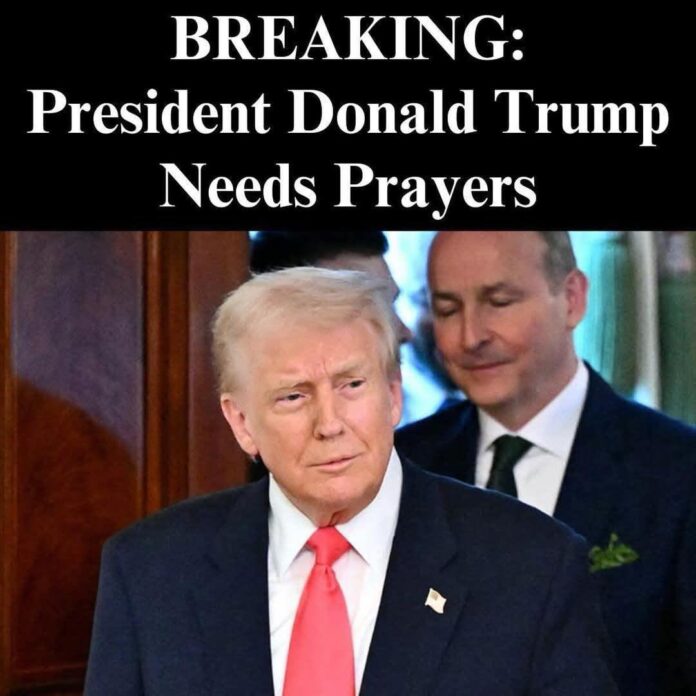This week, senior officials from President Donald Trump’s administration identified what they now consider one of the most pressing national security threats facing the United States—fentanyl and the international drug networks responsible for smuggling it into the country. During a Senate Intelligence Committee hearing, top figures in the administration issued a sobering warning about the rising impact of synthetic opioids. Among them was Director of National Intelligence Tulsi Gabbard, who stated that in the 12 months leading up to October 2024, drug cartels were directly linked to the deaths of more than 54,000 Americans due to fentanyl-related overdoses. This staggering…
This staggering number underscores a growing crisis that, according to officials, is no longer just a public health emergency—it has escalated into a national security threat. The cartels trafficking fentanyl are not only highly organized but also increasingly aggressive, exploiting gaps in border enforcement and leveraging digital platforms to distribute the deadly substance across the country.
Gabbard emphasized that the issue goes far beyond individual overdoses. The reach and influence of these criminal organizations affect U.S. communities at every level, destabilizing neighborhoods, draining law enforcement resources, and threatening the fabric of American society. What was once considered a criminal justice or public health issue has now become a geopolitical concern, as foreign-backed drug operations continue to flood American streets with potent and often fatal narcotics.
The administration’s report also noted that the synthetic nature of fentanyl makes it particularly dangerous. Even the smallest doses can be lethal, and the drug is often cut into other substances without the user’s knowledge. This unpredictability has made fentanyl one of the leading causes of death for Americans under the age of 50.
In light of these findings, administration officials called for more aggressive measures, including enhanced border security, tighter regulation of precursor chemicals, and expanded international cooperation to dismantle drug trafficking networks at their source.
The hearing sparked renewed discussion in Congress over how to best tackle the crisis, with bipartisan support emerging for more funding and a coordinated national response. Lawmakers acknowledged that tackling fentanyl requires not only law enforcement but also education, treatment, and long-term investment in communities hit hardest by the epidemic.
The message from the Trump administration was clear: fentanyl isn’t just killing tens of thousands of Americans each year—it’s becoming a weapon used by transnational criminal networks to erode the country from within. The urgency to act, they warned, has never been higher.


